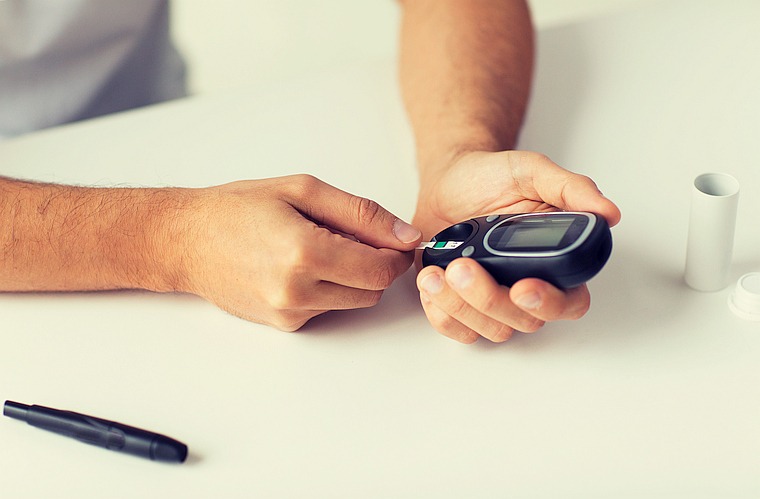Diabetes and erectile dysfunction (ED) are two health conditions that may seem unrelated, but there is a significant and intricate connection between the two. Diabetes, a chronic metabolic disorder characterized by high blood sugar levels, can have a profound impact on male sexual health by increasing the risk and severity of erectile dysfunction.
Vascular Damage: One of the key factors linking diabetes and ED is the damage that high blood sugar levels can cause to blood vessels and nerves. Over time, elevated glucose levels can lead to a condition called diabetic neuropathy, which affects nerve function throughout the body, including those responsible for sexual arousal and response. Moreover, diabetes-related vascular damage can reduce blood flow to the penis, making it difficult to achieve and maintain an erection.
Endothelial Dysfunction: The inner lining of blood vessels, known as the endothelium, plays a critical role in regulating blood flow by producing nitric oxide, a molecule that relaxes blood vessels and promotes circulation. Diabetes can impair endothelial function, leading to reduced nitric oxide production and compromised blood flow, which are essential for healthy erections.
Hormonal Imbalances: Diabetes can disrupt the delicate hormonal balance needed for normal sexual function. Fluctuations in insulin and testosterone levels can lead to decreased libido and difficulties in achieving or sustaining an erection.
Psychological Impact: The psychological toll of managing a chronic condition like diabetes can contribute to ED. The stress, anxiety, and depression that often accompany diabetes can lead to performance anxiety and hinder the relaxation response necessary for achieving an erection.
Management and Prevention: Effective management of diabetes can significantly reduce the risk of developing ED or mitigate its impact. Controlling blood sugar levels through diet, exercise, medication, and regular check-ups is essential. Lifestyle modifications, such as maintaining a healthy weight, staying physically active, and avoiding smoking, can also support overall vascular health and potentially minimize the risk of ED.
Collaborative Care: Addressing the connection between diabetes and ED often requires a multidisciplinary approach. Healthcare providers, including endocrinologists, urologists, and mental health professionals, can work together to develop comprehensive treatment plans tailored to individual needs.
In conclusion, the connection between diabetes and erectile dysfunction is rooted in the complex interplay of vascular damage, hormonal imbalances, and psychological factors. Managing blood sugar levels, maintaining a healthy lifestyle, and seeking timely medical advice are crucial steps for individuals with diabetes to prevent or address ED. Recognizing and addressing this connection can lead to improved overall health and quality of life for those affected by both conditions.

